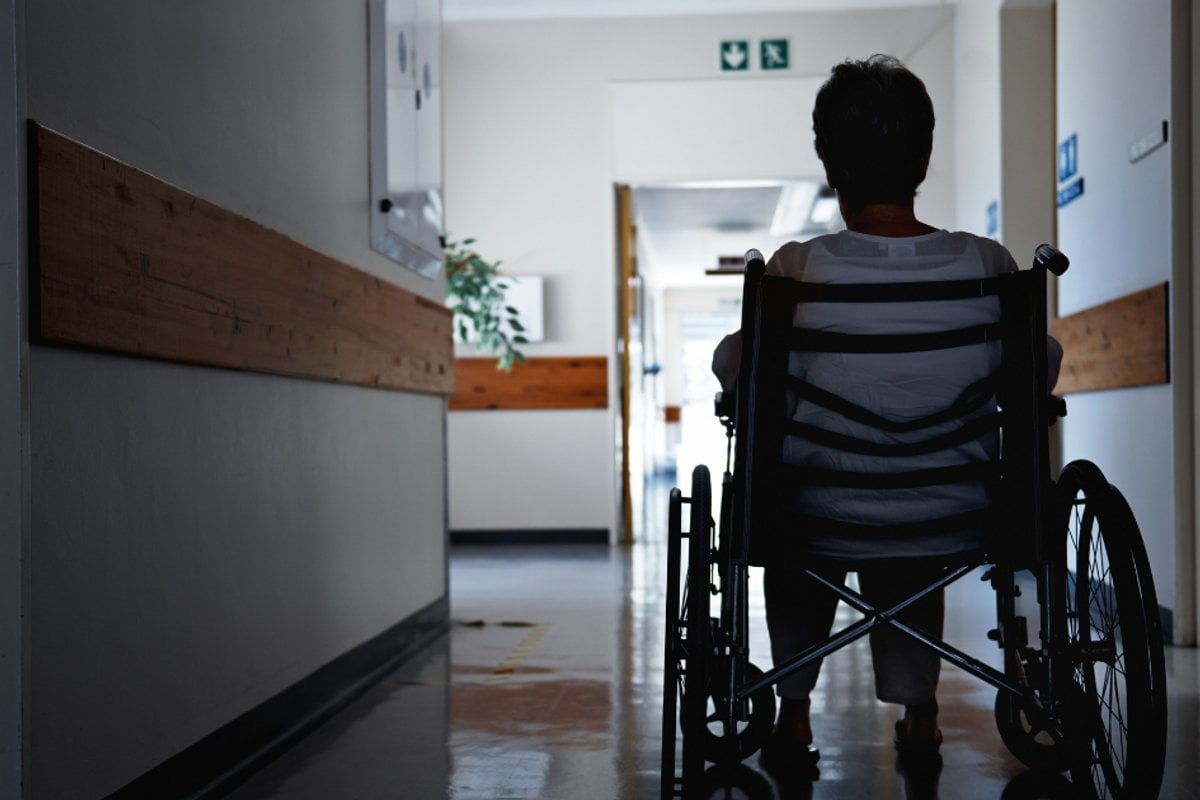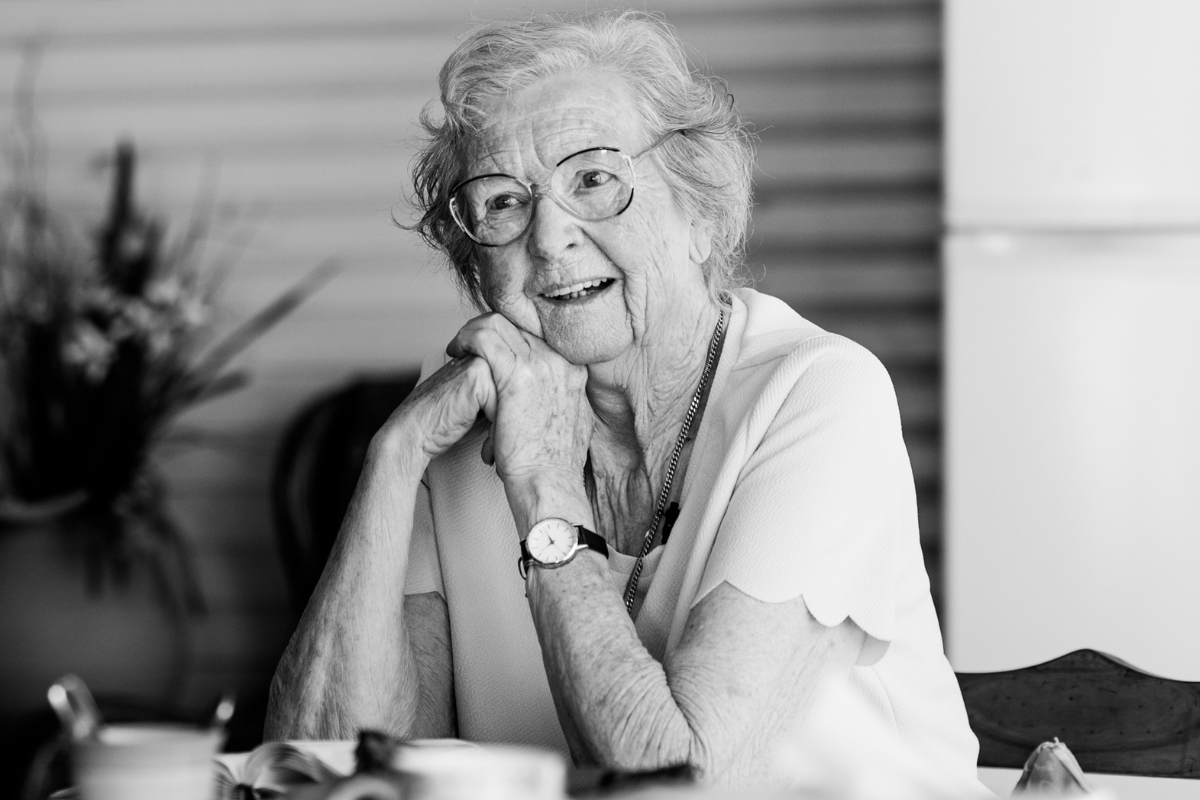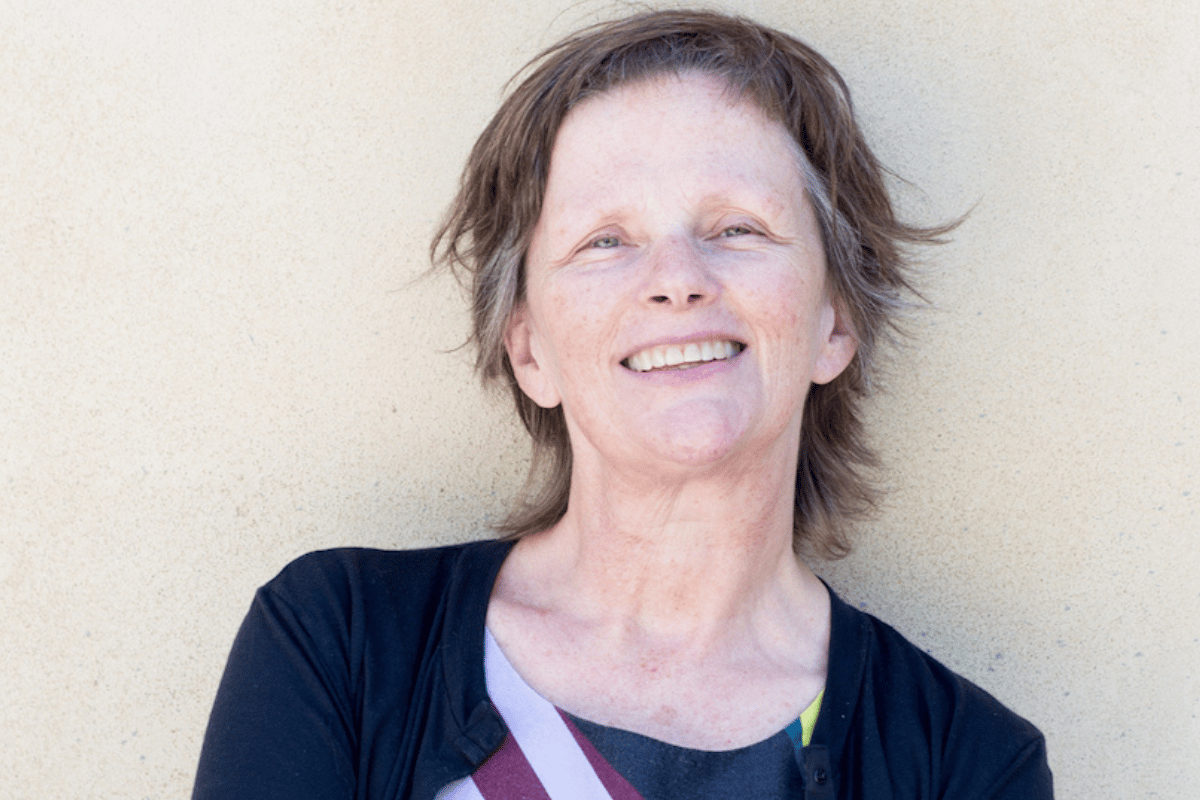
Content warning: This story discusses sexual assault and could be triggering for some readers.
When Dr Catherine Barrett was first told that 50 sexual assaults are reported in aged care per week, she wasn't surprised.
For years Dr Barrett worked as a health nurse unit manager in residential aged care. During that time, she saw first-hand that sexual abuse in aged care was a problem rarely dealt with — let alone acknowledged.
This was 28 years ago. And still to this day, the statistics are grim.
In Australia, we only know of one older woman who has gone public with her story of sexual assault.
"Her name was Margarita Solis," Dr Barrett tells Mamamia. "One day I picked up the phone from beautiful Margarita, who was 95 at the time, and she told me she had been sexually assaulted last year in a retirement aged care service. The man who sexually abused her was the acting manager of the service, who was later convicted."
Margarita went public with her story in 2018, and said not being believed was one of the hardest things.
 Margarita Solis. Image: Supplied by Lisa White Photographer.
Margarita Solis. Image: Supplied by Lisa White Photographer.


Top Comments